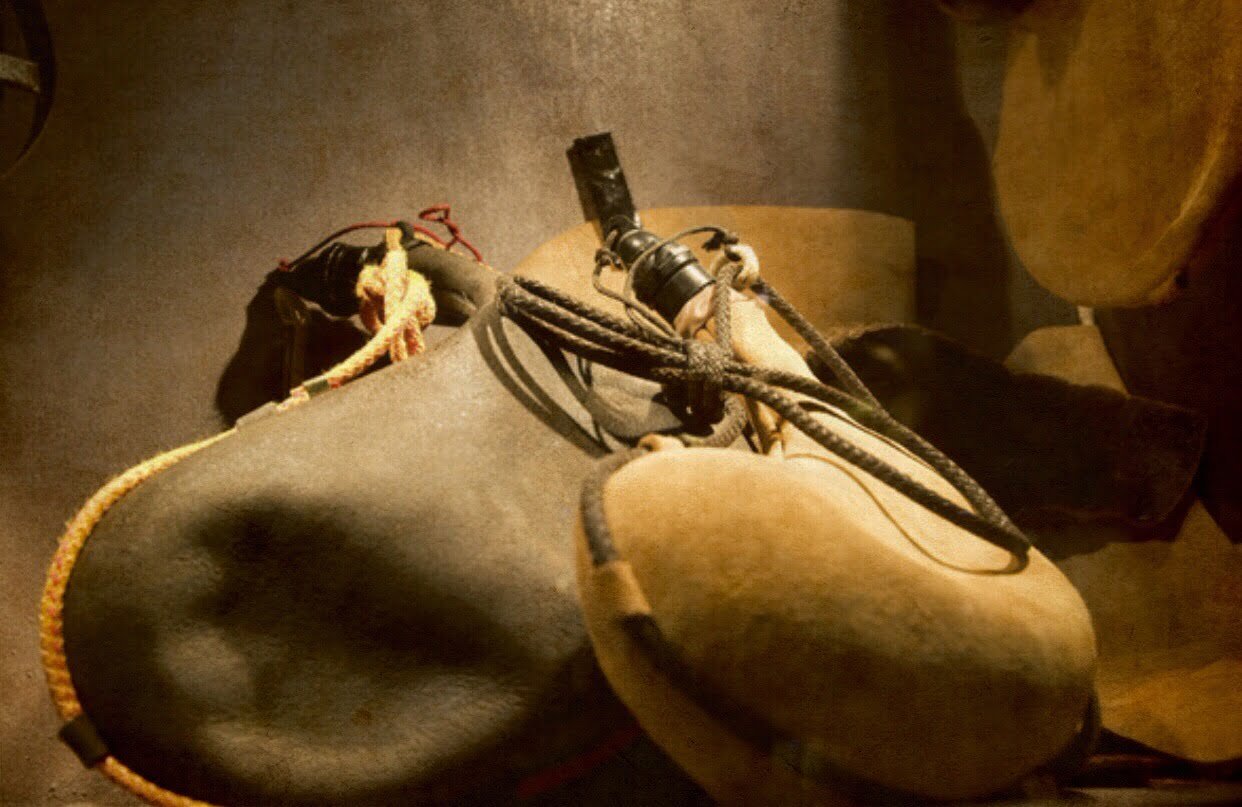Targeted Prayer for Work, Career, Business, and Education
Introduction:
It is vital to understand this foundational truth: The central purpose of the salvation brought by our Lord Jesus Christ was not to make us wealthy or successful in this world.
Worldly success may be one of the outcomes of walking with God, but it is not the core purpose of the cross. Even before Jesus came into the world, there were wealthy people—so Jesus did not come to solve a problem that had already been addressed. Wealth was not the issue—sin was.
If the Lord’s mission had been simply to make us rich, He could have just told us to follow the wisdom of Solomon, and we would have found success:
“The blessing of the Lord makes one rich, and He adds no sorrow with it.”
— Proverbs 10:22 (NKJV)
But the problem of sin and separation from God had never been fully resolved. In the Old Covenant, sin was only covered temporarily through animal sacrifices—it was never completely removed.
“But in those sacrifices there is a reminder of sins every year. For it is not possible that the blood of bulls and goats could take away sins.”
— Hebrews 10:3–4 (NKJV)
This is why Jesus came: to do what had never been done—to provide complete forgiveness of sin. And that forgiveness is more valuable than all the riches of this world. Jesus Himself said:
“For what profit is it to a man if he gains the whole world, and loses his own soul?”
— Matthew 16:26 (NKJV)
Therefore, as we begin to learn about prayer concerning our jobs, businesses, or studies, we must first set our priorities right. Don’t let your heart be fully anchored in material success. Use this teaching as a tool for life, but prioritize the destiny of your soul. Pursue holiness and salvation through the blood of Jesus.
Praying with Purpose for Your Work or Business
Now let us focus on the practical and spiritual aspect of prayer in your daily work. If you’re involved in business or any kind of trade, don’t just pray for your products to sell well—pray for the people you are serving.
Here are biblical and purposeful ways to pray:
1. Pray for the Salvation of Your Customers
If you run a business, instead of constantly praying, “Lord, bless my soap, my food, or my medicine to be attractive,” begin to intercede for the souls of your customers.
“I urge, then, first of all, that petitions, prayers, intercession and thanksgiving be made for all people.”
— 1 Timothy 2:1 (NIV)
Ask God to bring salvation to every person who walks into your business. When someone is saved, the spiritual chains are broken. Such a person can become a faithful customer and may even bring others to your business.
2. Pray for Believing Customers to Grow in Faith
If a customer already knows Christ, pray for them to stand firm in the faith and become a light to others.
“Therefore encourage one another and build one another up, just as you are doing.”
— 1 Thessalonians 5:11 (ESV)
Also, if you know their family, pray for their salvation too. This turns your business into a platform for ministry.
3. In the Food Business? Pray They Taste Jesus First
If you’re running a food business and serving unbelievers, don’t just pray, “Lord, let them love my cooking.” Instead, pray, “Lord, let them love Jesus.”
When their hearts are turned to the Lord, they’ll surely enjoy your food, because the Spirit of God will make your work fruitful.
“So whether you eat or drink or whatever you do, do it all for the glory of God.”
— 1 Corinthians 10:31 (NIV)
4. In the Office? Pray for Co-workers’ Salvation
Don’t spend all your prayer time asking for favor or promotion. Instead, ask the Lord to reveal Himself to your co-workers. When they know God, favor will follow.
“When a man’s ways please the Lord, He makes even his enemies to be at peace with him.”
— Proverbs 16:7 (NKJV)
5. At School? Pray for Your Teachers
Instead of only asking God to help you win favor with your teachers, pray that they will come to know and love Jesus. Then you’ll see how their hearts begin to turn toward you in kindness.
6. Selling Products? Pray for the Buyers
Ask God to cause your customers to fall in love with Jesus more than they love your products. Then you’ll experience not only financial success but spiritual fruit.
“Seek first the kingdom of God and His righteousness, and all these things shall be added to you.”
— Matthew 6:33 (NKJV)
Fasting for Your Work? Fast with Eternal Purpose
If you choose to fast for your business or work, don’t just fast to increase sales. Fast to intercede for your clients and co-workers, that they would be saved and walk in the grace of God.
Make a list if you can. Go through each name in prayer and ask the Lord to reconcile them to Christ. Then watch how God also reconciles you to them and causes your business, school, or work to flourish.
“Delight yourself also in the Lord, and He shall give you the desires of your heart.”
— Psalm 37:4 (NKJV)
Conclusion: Pray with Purpose!
Don’t treat prayer as a magical formula for financial gain. That is what false religions and witchcraft do. You are a child of God—pray with spiritual understanding and eternal goals.
Pray—but pray with purpose. Aim your prayers toward salvation, holiness, and God’s kingdom. Then everything else will follow.
May the Lord bless you and cause your work to prosper—for His glory.









